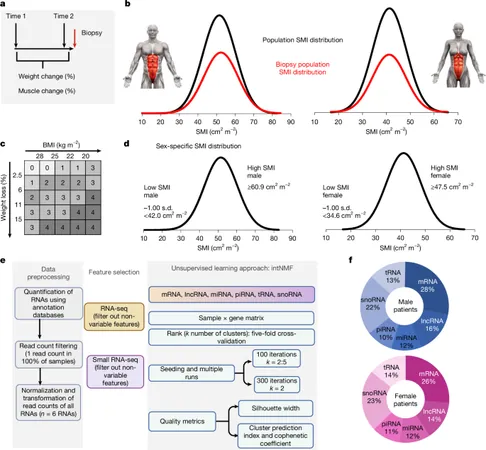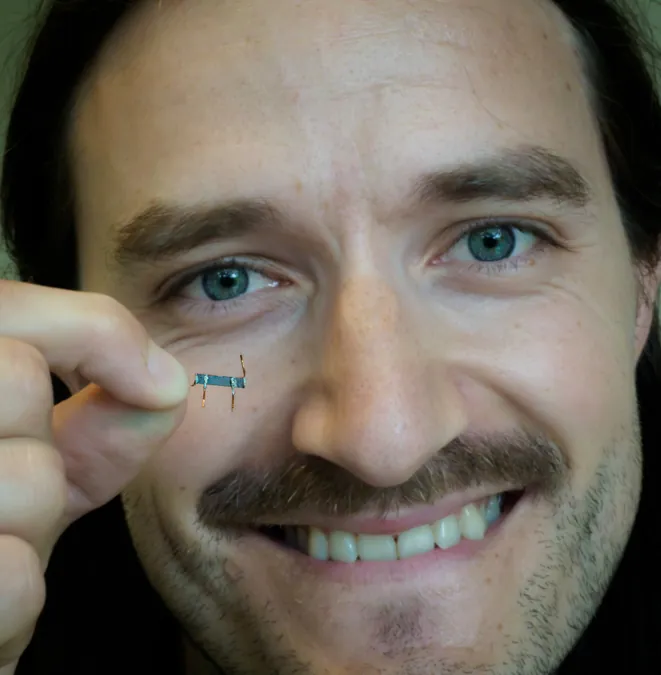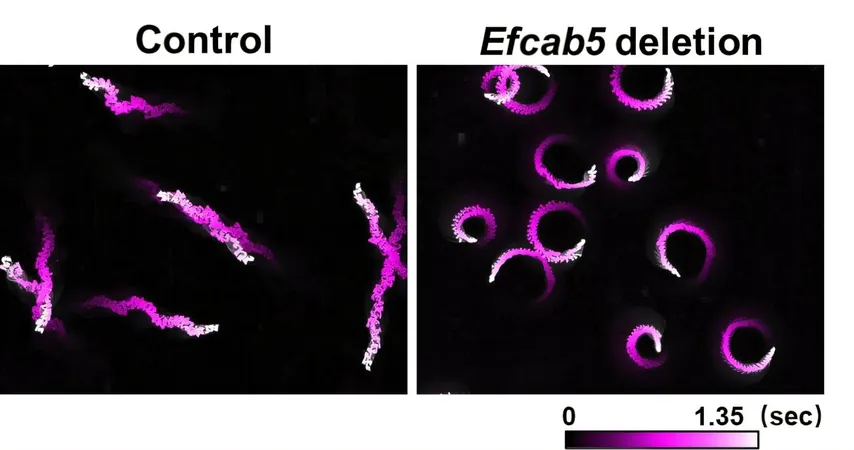
Unlocking the Secrets of Cancer Cachexia: The Role of Skeletal Muscle Subtypes
2025-09-10
Author: Nur
What is Cancer Cachexia?
Cancer cachexia is a complex syndrome marked by severe weight loss and muscle wasting, often occurring in patients with advanced cancer. This condition is not merely about losing fat; it primarily leads to significant loss of muscle mass, which adversely affects survival and quality of life.
The Science Behind Muscle Wasting
Recent research highlights that different molecular subtypes of human skeletal muscle can dramatically influence the development of cancer cachexia. Studies reveal how various gene expressions are altered in muscle tissues under cancer-induced stress, leading to a decline in muscle function and overall health.
Why Skeletal Muscle Matters
Skeletal muscle serves not just for movement but also plays a crucial role in metabolic processes. In cancer patients, the depletion of muscle mass correlates with poor prognosis. This highlights the need for targeted therapies that focus on preserving skeletal muscle integrity during cancer treatment.
Innovative Research Uncovered
A study published in 2021 shed light on distinct gene profiles revealed in both adipose and skeletal muscle tissues of patients suffering from pancreatic cancer cachexia. Researchers used cutting-edge techniques, including machine learning, to integrate data and identify critical pathways that contribute to muscle wasting.
Current Advances and Future Directions
The field is rapidly evolving with new insights into how various signals from the tumor microenvironment contribute to muscle loss. Innovations in treatment approaches aim to target these pathways, potentially mitigating the impacts of cachexia and improving outcomes for cancer patients.
The Inflammatory Connection
Interestingly, local inflammation has been shown to precede significant muscle wasting, suggesting that immune responses are closely tied to cachexia development. Understanding this relationship may open new avenues for adjunct therapies combining anti-inflammatory treatments with traditional cancer care.
The Importance of Personalized Medicine
As research progresses, the emphasis is increasingly on personalized medicine. Identifying individual muscle subtype responses to cancer and its treatments will allow for tailored strategies, optimizing care for those afflicted by cachexia.
Conclusion: A Critical Area of Research
Cancer cachexia remains a critical area of research, with skeletal muscle's molecular subtypes offering promising avenues for future therapeutic strategies. As scientists continue to decode the complexities of muscle biology under the influence of cancer, new hope arises for improving patient quality of life and survival.






 Brasil (PT)
Brasil (PT)
 Canada (EN)
Canada (EN)
 Chile (ES)
Chile (ES)
 Česko (CS)
Česko (CS)
 대한민국 (KO)
대한민국 (KO)
 España (ES)
España (ES)
 France (FR)
France (FR)
 Hong Kong (EN)
Hong Kong (EN)
 Italia (IT)
Italia (IT)
 日本 (JA)
日本 (JA)
 Magyarország (HU)
Magyarország (HU)
 Norge (NO)
Norge (NO)
 Polska (PL)
Polska (PL)
 Schweiz (DE)
Schweiz (DE)
 Singapore (EN)
Singapore (EN)
 Sverige (SV)
Sverige (SV)
 Suomi (FI)
Suomi (FI)
 Türkiye (TR)
Türkiye (TR)
 الإمارات العربية المتحدة (AR)
الإمارات العربية المتحدة (AR)